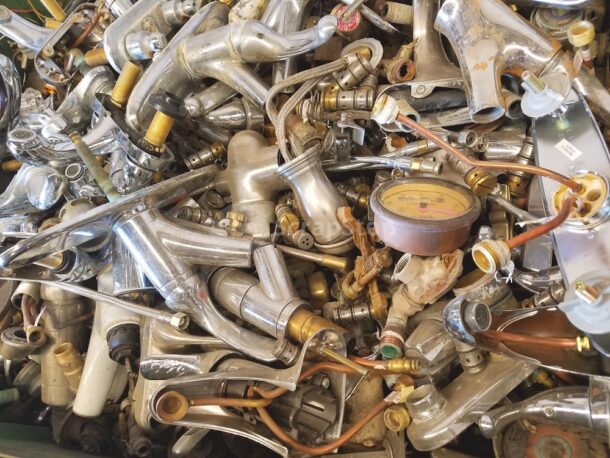We have to admit, as a society most Americans have become lazier, or perhaps we’ve been conditioned to expect more, faster, with little effort as possible. Literally never having to leave the house for items delivered to your front door is just one shining example. But, hey, what’s not to like?
Yet, this begets a larger problem. Because homeowners can get something cheaper delivered to them in a relatively short amount of time lends itself to receiving, what I call, in some instances, junk. Eliminating the professional plumbing installer is a problem in and of itself, but do we really know where these items come from? Take, for example, products within our own plumbing and HVAC markets? Tools, fittings, pumps, plumbing fixtures, etc., are now “flooding” the streets with no real traceable origin, and no compliance or testing to boot.

The issue of counterfeit or noncompliant products on various e-commerce platforms is a real concern of the industry. A couple of weeks ago, I attended the Plumbing Industry Leadership Coalition (PILC) and this topic of conversation came up; it was presented to the attendees that on behalf PILC—of what I call all of the acronyms in the industry (ASPE, PHCC, IAPMO, PMI, etc.)—a letter was being drafted to legal counsel at Amazon, for example.
In fact, one of the charter members of PILC mentioned that they had purchased 25 showerheads off of an e-commerce site. These items claimed to be nearly 2.0 gallons per minute, and when measured at local testing facilities, approximately 20 out of the 25 fixtures were actually near a 6.0 gallon per minute measurement. That’s a huge discrepancy.
And that’s just it. Getting stuff delivered to your door—relatively quickly and cheaply—can be good for your endorphins, but it also can be a huge problem. There is no testing, certification or compliance happening from these “third-party vendors.” As mentioned above, it can cause harmful risks, and could potentially cause a water sustainability problem. Again, therein lies the problem.
Realistically, what can be done about it? PILC suggests a number of action items, which include implementing a stricter verification process, ensuring that all legal and safety standards by either requiring certification or at least to verify that certification claims are true, and provide better transparency: provide clear information about the compliance and certification of products, making it easier for consumers to make informed decisions.



